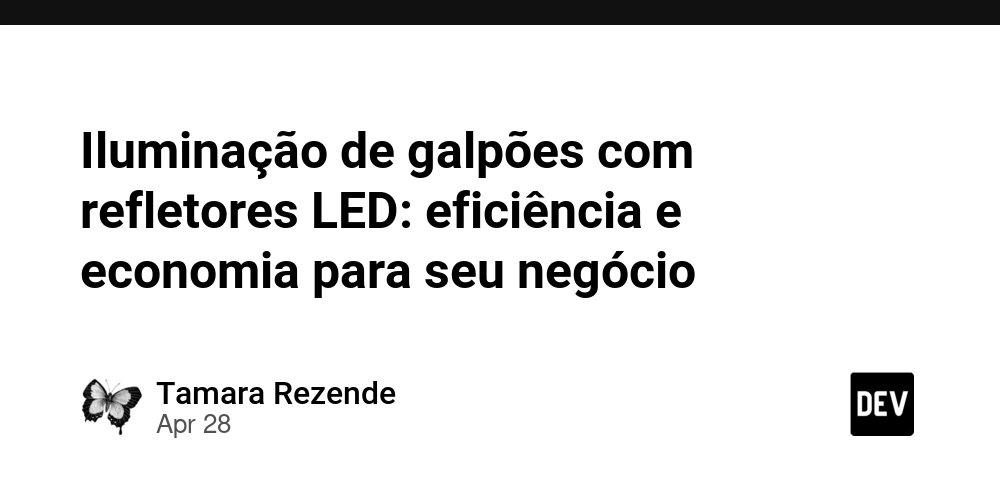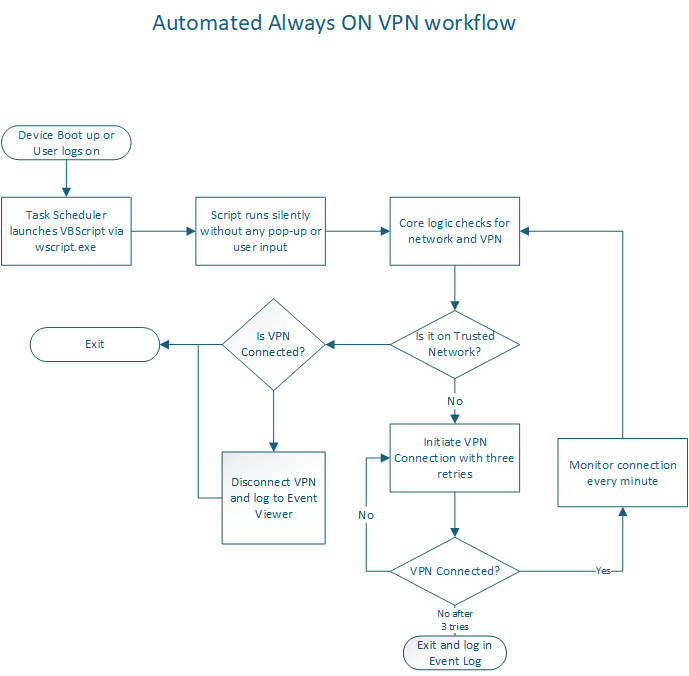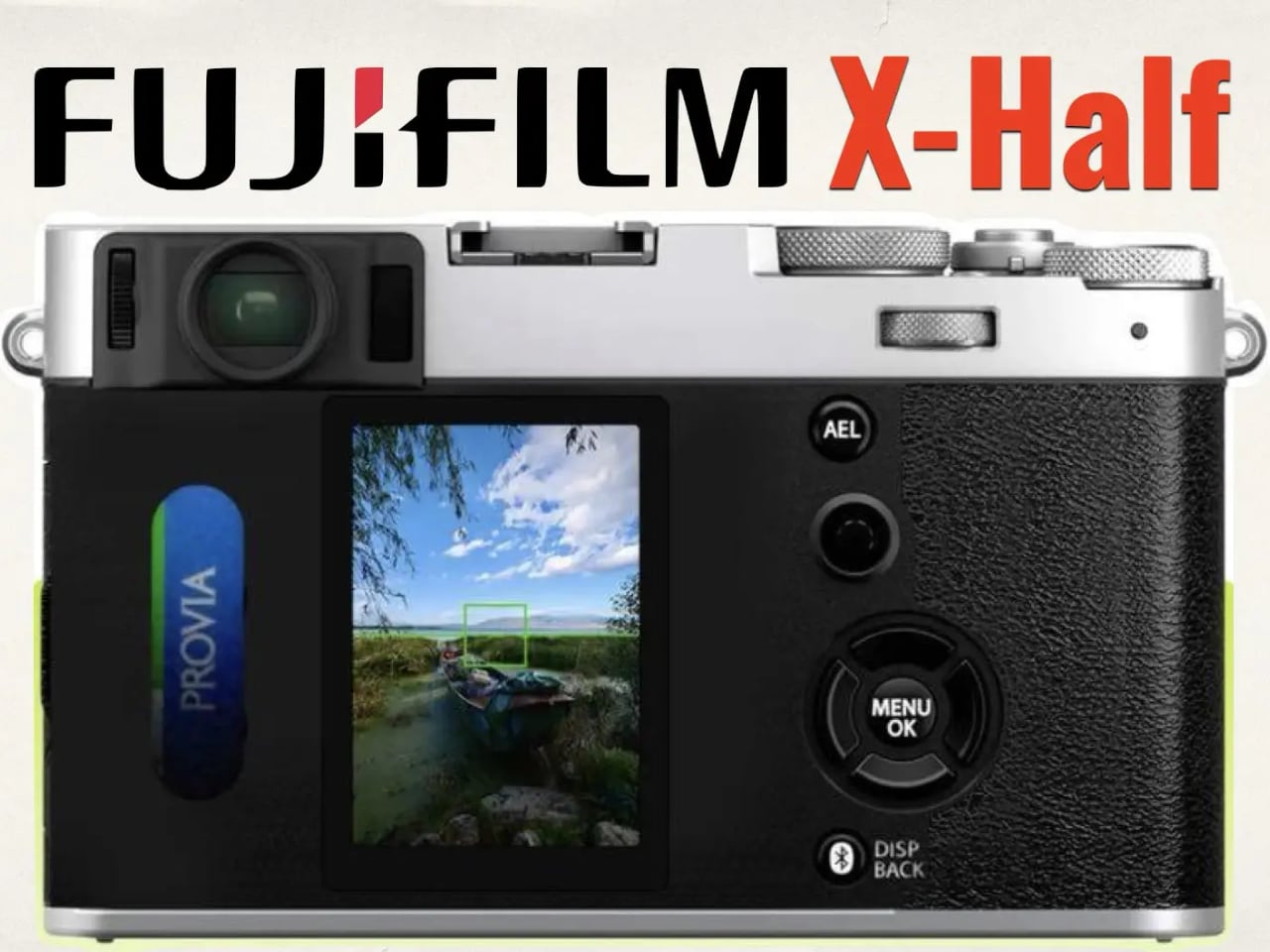The Trump era has been a bust for private equity—that’s one reason PE is turning to retail
With private market products, retail may finally get to invest in unicorns.

Private equity firms are facing another hard year for fundraising as tariffs and a choppy economy make it harder to cash out on deals. Amid these headwinds, some firms believe they have found a new source of hard-to-find capital: retail investors, who have long been excluded from the world of private big business deals that are the PE world’s bread and butter.
In the past, only the super wealthy and institutional investors, like pension funds, insurance companies and sovereign wealth funds, could get a piece of PE. Since 2017, though, private equity firms have launched more than 400 funds with flexible structures and lower minimums—as low as $500 in some cases. Recently, the pace of these offerings has accelerated, offering unprecedented opportunities for small investors to access PE-style investments like private credit, real estate, and infrastructure, according to data from investment manager Hamilton Lane.
This retail influx is helping to buoy the assets under management of PE firms—but is it sustainable for the industry and the investors who are providing the capital?
New faces at the PE table
Nearly all of the big PE firms—which now call themselves alternative asset managers—offer funds that provide the wealthy and family offices access to private markets: Apollo Global Management, KKR, Carlyle Group, Partners Group, Hamilton Lane and Ardian are among them. The largest player in the wealth space is Blackstone, which has four large open-ended, or evergreen, funds that lets individuals invest in real estate, private credit, private equity and infrastructure. These products, offered through advisors, are typically geared to accredited investors or qualified purchasers. Blackstone plans to offer a new, multi-asset credit vehicle in May.
BX also has the biggest wealth product, Blackstone Real Estate Income Trust, or BREIT, which invests in commercial real estate like multifamily rental housing and data centers. Blackstone launched BREIT in 2017 and the fund has about $53.2 billion in net asset value.
Earlier in April, Blackstone formed an alliance with Wellington Management and Vanguard to give investors access to multi asset portfolios, including private and public assets. Blackstone’s partnership with Vanguard and Wellington is expected to be long term and evolving, possibly giving BX a path to offer private-markets assets for target-date funds in 401(k)s, which private equity has long sought, the Wall Street Journal reported last week.
Then there is PE industry stalwart KKR, which has eight products in its K-Series lineup that offer access to private equity, credit, infrastructure and real estate. K-Series products are geared to accredited investors, with minimum investments typically running into the tens of thousands of dollars. Now, though, KKR is partnering with Capital Group to launch two semi-liquid, evergreen funds that will focus on public and private credit, people familiar with the situation said. The two funds, which have already been approved by the SEC, will each require a minimum investment of just $1000 and investors don’t need to be accredited to access, the sources said, adding that KKR and Capital Group plan to introduce a suite of similar products for private markets.
KKR isn’t the first to go down-market. Hamilton Lane is partnering with Republic to bring “private market investments to individual retail investors in the U.S.” Hamilton Lane also has several evergreen products geared to accredited investors that require lower investment minimums. In March, it introduced a product that invests in infrastructure assets, like data centers and fiber optic networks, that is available in a tokenized format on the Republic platform. Investors don’t need to be accredited and the minimum investment is $500. The firm says it has seen strong interest for Hamilton Lane Private Infrastructure Fund but declined to disclose how many have invested.
Mark Sutterlin, head of alternative investments for Merrill and Bank of America Private Bank, said he has seen lots of new funds in an evergreen format—meaning pools that don’t have a set end date and remain open to new investments—coming to market that appeal to individual investors. "More sponsors are recognizing there is demand and structuring products that [are] fitting the needs to access it,” Sutterlin said.
“It’s a positive development that we are leveling the playing field between the average university endowment, the average billionaire, and the average investor,” said Robert Picard, head of alternative investments for Hightower Advisors, which owns about 140 RIAs across the country. (Hightower is backed by Thomas H. Lee Partners.)
“This part of the market has been massively underserved,” one private equity executive added.
Looking for capital
It’s not altruism, of course, that’s led nearly every big PE firm to create wealth products for individual investors. The reality is PE firms are hunting for new sources of potential capital. In 2024, buyout funds raised 23% less capital globally than the prior year, which was already a slow time period for fundraising, according to Bain & Co’s Private Equity Outlook 2025: Is Recovery Starting to Take Shape?
The situation grew even more dire in April with the introduction of President Trump’s Liberation Day tariffs, which caused the U.S. stock market to lose trillions in value. The volatility helped put IPOs and many deals on pause. This means private equity will have little opportunity to sell its investments, making it harder to return money to investors and causing fundraising to freeze further, one LP said.
Giving individual investors the opportunity to invest in PE funds presents “a massive, massive untapped part of the market,” said Drew Schardt, vice chairman and head of investment strategy at Hamilton Lane.
For private equity, private market products can be very lucrative. Blackstone launched its wealth business nearly 15 years ago when “nobody in the alternative business was even thinking about that idea,” said CEO Stephen Schwarzman in an April 17 first quarter analyst call. Blackstone’s private wealth channel manages over $270 billion in assets, nearly one-fourth of BX’s roughly $1.2 trillion AUM, Schwarzman said. “Our vision in this area from the beginning was to provide individuals the same access to private market solutions that many institutions have enjoyed for decades,” he said.
Blackstone’s wealth channel raised $11 billion in the first quarter, up 40% from the same period in 2024, its highest level in three years, said Jon Gray, president and chief operating officer, during the call. This compares to Blackstone’s relatively tough time fundraising for its latest flagship fund that was initially expected in late 2021 to collect $30 billion, but was changed to $25 billion in 2023, Bloomberg reported. BX’s flagship fund ended up closing on $21 billion in Q1, Gray said.
Unlike some firms, Blackstone’s push into wealth was not a reaction to the slowing institutional fundraising market, a different person familiar with the situation said. Blackstone has long focused on wealth as one of its strategies and the firm still has high growth expectations for the institutional fundraising market, they said. Blackstone is on track to raise more than $35 billion through its various private equity strategies, including the flagship, as well as funds focused on energy transition and Asia, the person said.
Are investors ready for private market products?
Proponents claim that individual investors would do well to invest in private markets, not least because of the big returns delivered by PE firms. Global private equity generated a 13.4% return for the 20 years ended Sept. 30, 2024, compared to an 8.9% return for the global public equity MSCI ACWI PME Index for the same time period, according to Vanguard 2025 private equity market outlook.
While the returns are significant, they are overshadowed by the lucrative fees charged by private equity funds. Investors, or LPs, of these pools of capital pay fees, which go to the general partners for managing the funds. Funds charge performance fees, known as the “2 and 20”, which are a 2% annual management fee plus a 20% incentive fees. The 2% annual management fee covers the ongoing expenses of running a fund like rent and salaries. If a fund does well, and generates a profit for investors, the LPs get the 2% management fee back. The PE execs also receive a 20% share of the profits, known as "the carry," generated by the pool. PE executives, particularly partners and managing directors, typically make most of their compensation from the carry, especially if they have a successful fund. (Conversely, if a fund does badly, the LPs don't get the 2% back and PE execs don't get carry.)
Compare this to ETFs, which are known for charging fees lower than mutual funds. Some low-cost ETFs produce strong 10-year returns while their expense ratios are low. For example, the Vanguard Total Stock Market ETF generated a 10-year trailing return of 11.74%, but is down 4.82% year to date as of March 31. The Schwab U.S. Large Cap ETF is producing a 10-year trailing return of 12.26% but YTD generated -4.55% as of March 31. The expense ratio for both VTI and SCHX is 0.3%, which means investors pay 0.3% of the value of their investment annually.
Private equity is more expensive than investing in ETFs but the returns are also potentially much bigger, although on a longer time period. It's not uncommon for PE firms to double or triple their investment when a deal does well. That said, investors can also lose money very quickly. With ETFs, investors are subject to the volatility of public stocks. The U.S. stock market experienced the biggest two-day wipeout in history when $6.6 trillion in value was erased on April 3 and 4 of this year, Morningstar reported. Investing in private markets could help diversify these portfolios.
Private market products could also make previously unavailable sectors accessible to individual investors. As of January 2025, there were over 1,200 unicorns—private companies valued at over $1 billion—scattered all over the world, according to CB Insight. The slow IPO market means many can't go public. But with a private market product, retail could back some of these highly valued businesses like Stripe, OpenAI or even SpaceX. "If you're only invested in liquid equities, you're missing out from a portfolio construction perspective on a large swath of investable areas,” said Hamilton’s Schardt.
Not everyone, though, thinks it’s a good idea for retail investors to dabble in PE. Liquidity is one major reason why some think individual investors shouldn’t have access to private markets. PE funds are considered illiquid vehicles; institutional investors typically have to wait years to get their money back. Evergreen funds solve this issue by allowing their investors to sell shares at set intervals, usually monthly or quarterly. But some investors, used to the easy sales of trading public stocks, might not understand this.
Stephen Amdur, global leader of Pillsbury’s mergers & acquisitions and private equity practices, thinks private market products can be a viable option for certain individual investors. Amdur pointed to retirement savers, or persons who actively allocate a chunk of their income to retirement accounts like 401(k)s, or IRAs or other vehicles. For these individuals, who are used to not getting their money back for years or even decades, as well as sophisticated investors, private market products can be a great investment alternative, he said. Amdur is cautious about everyone else. “The SEC’s historical accreditation rules were done for a reason,” he said.
Regulators are concerned about providing access to private market products to unsophisticated investors, who may not understand the longer hold periods or have access to advisors who can explain the complex investments, he said. “Investors are going to need to recognize that, for the most part, they’re not going to be able to jump in and out of [private market] funds with a click of a button on Robinhood,” Amdur said.
This story was originally featured on Fortune.com
























































![[Podcast] Smarter Brand Growth: How to Align Marketing & Sales (with ABM/ABX) with Jennifer Mancusi](https://justcreative.com/wp-content/uploads/2025/04/jennifer-mancusi-26.png)













